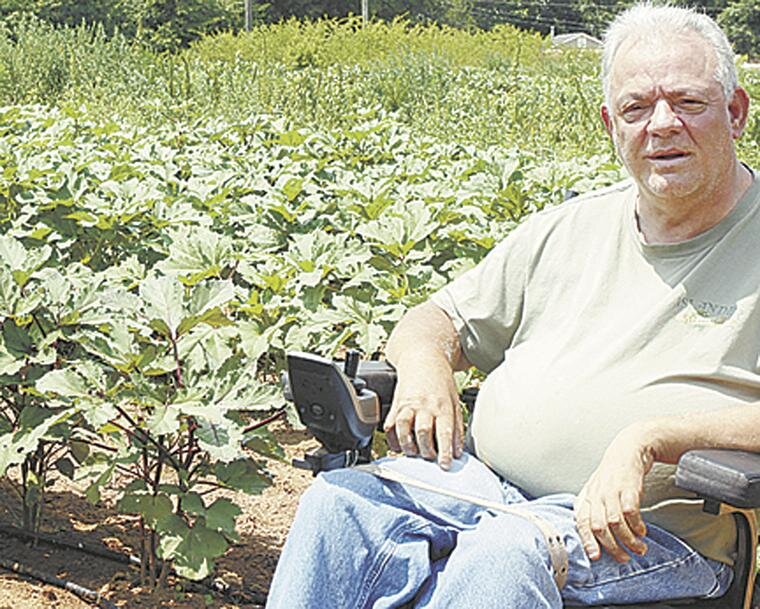Southern fried chicken parm with creamy collards & fusilli at BoccaLupo. Photo Credit: Creative Loafing
By Lauren Cox
Fall is here at last, allowing metro Atlantans to enjoy its changing colors, cool, crisp breezes—and seasonal, organic and locally sourced fare from restaurants and farmers taking part in Georgia Organics’ Farm to Restaurant Campaign, which brings local farmers and chefs together, allowing restaurants to source fresh, healthy ingredients from across the state—and for small, local farms to place their products in front of thousands of customers.
Here are eight fun reasons for Georgia consumers to eat locally and organically this fall, courtesy of some of the state’s best farmers and establishments:
Chestnuts: This seasonal staple is good for more than just roasting on an open fire. They’re a good source of fiber, essential fatty acids and minerals such as vitamin C, potassium and magnesium. This fall Root Baking Co. used chestnuts from Narrow Way Farm in its bread, pastries, and soup.
Brassicas: These cruciferous vegetables are plentiful (from broccoli and Brussels sprouts to cabbage), are good sources of folate, calcium, iron and other nutrients, and can be prepared in a variety of appetizing ways, like the Roman-fried cauliflower at BoccaLupo or the fried Brussels sprout quesadilla at Wrecking Bar Brewpub.
Radishes: This member of the brassica family can be a great way to add texture and brightness to heavy winter dishes—like the bok choy and radish that accompany the lamb shank and lamb neck at Kimball House.
Pickled and Fermented Foods: Wrecking Bar Brewpub uses these preservation methods for such items as its charred octopus (with fermented black bean chili sauce and pickled shiitake), a house-cured meat board with pickled veggies, house-fermented kraut and shishito peppers with pickled corn.
Bitter Greens: These dark, leafy greens—think turnip and mustard greens, kale and escarole—can help lower cholesterol and aid in digestion, among other benefits. And you can find them everywhere, from Gunshow’s beef tongue with endive to the house-made vegan burger at Farm Burger (which features kale and arugula) to the Southern fried chicken parm with collard greens at BoccaLupo (whose chef Bruce Logue loves to use radicchio in his dishes whenever he can get it).
Winter Squash: Harvested in the fall, these versatile gourds are a staple this time of year. Try the delicata squash starter at Miller Union or the cinnamon-roasted acorn squash at Wrecking Bar Brewpub.
Herbs: Thyme, mint, peppermint, rosemary and oregano add flavor to a variety of dishes, like the grilled quail with butternut squash and rosemary at Miller Union. Pinewood Springs Farm is a great source for organically grown herbs.
Fun Fall Oddities: Earthy root vegetables like salsify and parsnips aren’t very common in this area but are highly prized by chefs. Snapfinger Farm in Henry County is a great source for sunchokes, and Gunshow chef de cuisine Chris McCord has been known to roll out a dish like stuffed leeks with horseradish.
Lauren Cox is the Organic Procurement Coordinator for Georgia Organics. She is leading our Farm to Restaurant program and our Farmer Champion campaign. Lauren can be reached at laurencox@georgiaorganics.org.












